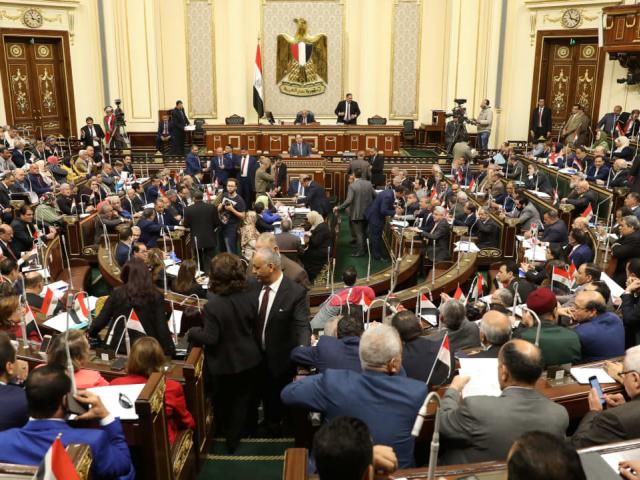
OHCHR calls on President Sisi to “consider carefully” Code of Criminal Procedures before ratifying
Press Release
The Egyptian Initiative for Personal Rights (EIPR) welcomed the statement issued yesterday by the spokesperson for the Office of the United Nations High Commissioner for Human Rights (OHCHR), in which the the UN rights agency called on President Abdel Fattah al-Sisi to “consider carefully” the flawed Code of Criminal Procedures carefully before ratifying it.
Titled “Egypt: Concerns over the draft Code of Criminal Procedure”, the OHCHR statement listed a number of problematic articles contained in the new law, which was approved by the House of Representatives on 29 April and referred to President Sisi for ratification. The OHCHR statement said these articles grant public prosecutors broad discretionary powers related to pretrial detention, interception of communications, and travel bans. It also criticized other measures contained in the law that adversely impact the right to effective legal representation, and accountability for the conduct of public officials, including law enforcement personnel.
EIPR said the OHCHR public statement confirms previous critiques issued by Egyptian and international human rights organizations that warned the new draft law contained articles that violate the right to a fair trial and procedural legitimacy, and enshrines many of currently prevailing violations, especially before the State Security Prosecution and terrorism courts. These violations have affected - and continue to target - journalists, lawyers, human rights defenders, dissidents, as well as ordinary citizens who deal with the criminal justice system on a daily basis.
The OHCHR statement concluded by calling on “the President of Egypt to consider carefully the proposed Code of Criminal Procedures in light of these concerns prior to granting any assent, in order to ensure that it fully complies with Egypt’s international human rights obligations”.
The statement is the latest UN criticism of the new bill, which the House of Representatives ignored most calls to amend. The law was criticized by local and international bodies, such as trade unions, human rights and civil society organizations, political parties, and women's and labour groups. Seven Special Rapporteurs of the UN Human Rights Council sent a communication to the Egyptian government last November warning that the new draft law would undermine the rights of all citizens dealing with the criminal justice system, whether defendants, victims, witnesses or lawyers.
The UN Human Rights Council, at its session next month in Geneva, is scheduled to adopt the final report of the Universal Period Review of Egypt’s human rights record conducted last January. The report includes a large number of recommendations submitted to the Egyptian government by other member states to amend the draft law of criminal procedures and address systematic violations within the justice system.



